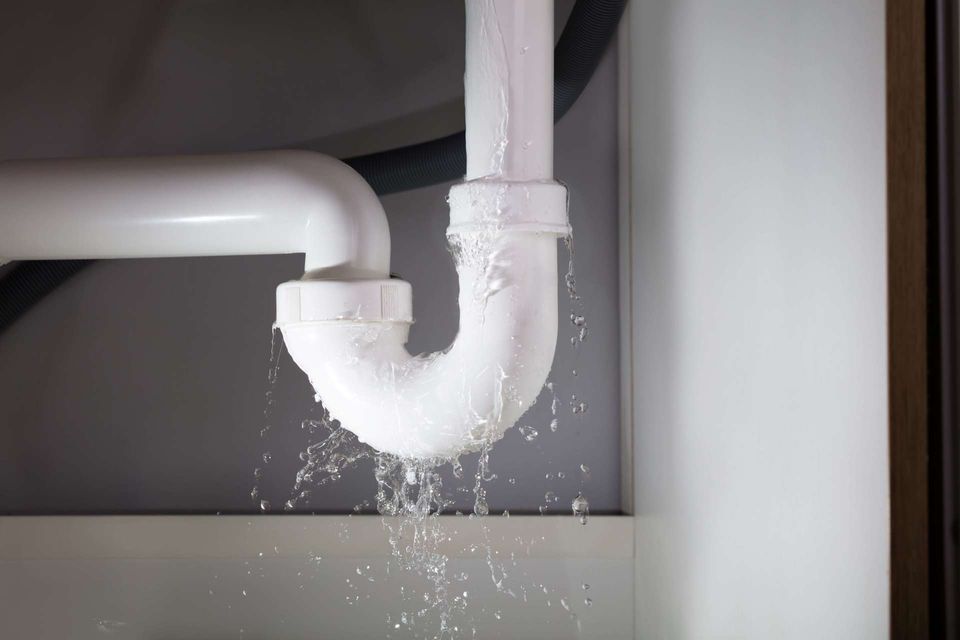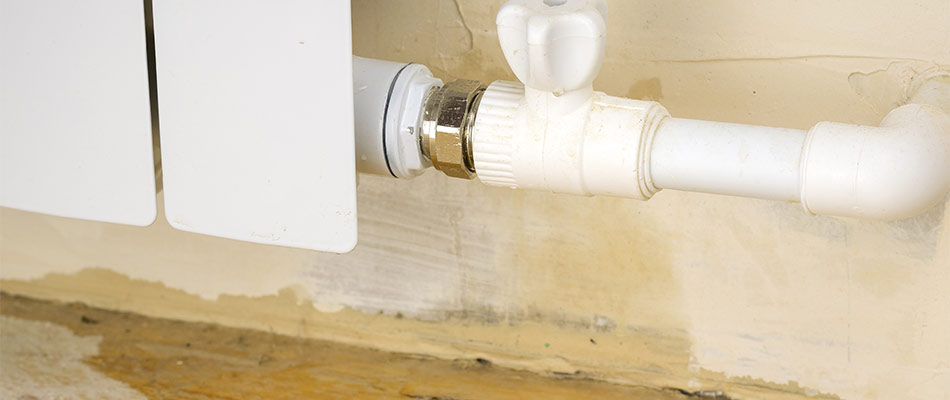Are you currently in search of guidance around Top leak detection hacks?

Early discovery of leaking water lines can reduce a possible calamity. Some small water leaks might not be noticeable.
1. Take A Look At the Water Meter
Every home has a water meter. Checking it is a surefire way that assists you discover leaks. For starters, shut off all the water sources. Guarantee no person will purge, use the tap, shower, run the washing device or dishwasher. From there, go to the meter as well as watch if it will certainly transform. Given that no one is utilizing it, there ought to be no movements. If it relocates, that indicates a fast-moving leak. If you find no modifications, wait a hr or 2 and also check back once more. This indicates you may have a slow-moving leak that can even be below ground.
2. Check Water Usage
Examine your water expenses and also track your water intake. As the one paying it, you ought to notice if there are any disparities. If you find sudden changes, in spite of your usage being the same, it suggests that you have leakages in your plumbing system. Remember, your water costs ought to fall under the same array every month. An unexpected spike in your expense shows a fast-moving leak.
Meanwhile, a steady boost every month, despite the very same routines, shows you have a sluggish leak that's additionally slowly escalating. Call a plumber to completely examine your home, particularly if you really feel a cozy area on your flooring with piping below.
3. Do a Food Coloring Test
When it comes to water consumption, 30% comes from bathrooms. If the color in some way infiltrates your dish during that time without flushing, there's a leakage between the container and dish.
4. Asses Exterior Lines
Don't forget to inspect your exterior water lines too. Ought to water permeate out of the connection, you have a loosened rubber gasket. One small leakage can throw away heaps of water as well as spike your water expense.
5. Evaluate and Examine the Circumstance
Homeowners ought to make it a habit to inspect under the sink counters as well as also inside closets for any bad odor or mold and mildew growth. These two warnings indicate a leakage so prompt focus is needed. Doing regular examinations, also bi-annually, can save you from a major trouble.
Inspect for stainings and deteriorating as most home appliances and also pipelines have a life expectations. If you believe dripping water lines in your plumbing system, do not wait for it to intensify.
Early detection of leaking water lines can reduce a potential disaster. Some small water leaks might not be visible. Checking it is a guaranteed means that assists you uncover leaks. One small leak can lose heaps of water and also increase your water expense.
If you suspect leaking water lines in your plumbing system, do not wait for it to escalate.
Signs You Have a Hidden Plumbing Leak
Damaged floors, walls, or ceilings
Water-damaged floors, walls, and ceilings are often warped, sagging, drooping, or covered in stains. You might also notice that the paint is chipping off of your walls due to water coming into contact with and separating the paint from the wall surface.
Extra-green patches of grass
Because pipes are often underground, it is not uncommon for a leak to affect your lawn. If you find that a certain area of your grass is growing faster than other areas of your lawn, there might just be an underground leak.
Higher-than-usual water bills
If your water bill is much too high each month, and it doesn’t seem to match up with your actual water usage, something is definitely up with your system.
Continuously running meter
Your water meter should not be running all of the time. If you turn off all running water in your home and your water meter still shows that water is running, there is a leak somewhere in your system.
https://www.smithsplumbingservice.com/blog/2020/may/signs-you-have-a-hidden-plumbing-leak/

As a reader on Detecting hidden plumbing leaks, I think sharing that piece was mandatory. Sharing is good. Who knows, you might be helping someone out. We treasure reading our article about Locating water leaks.